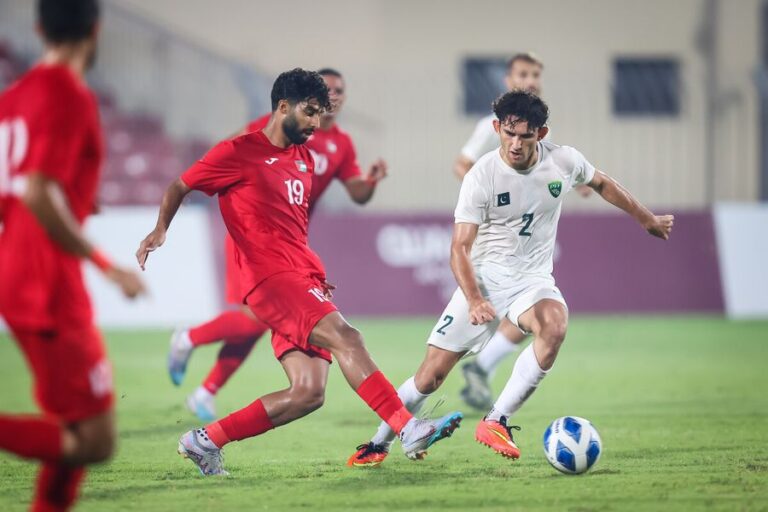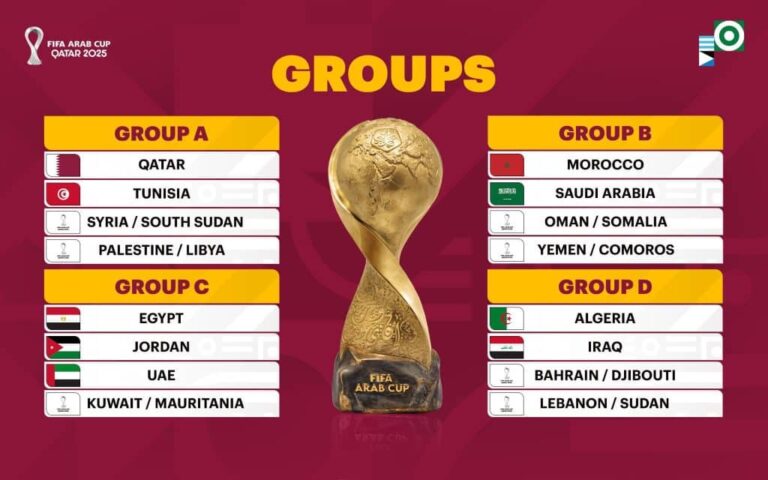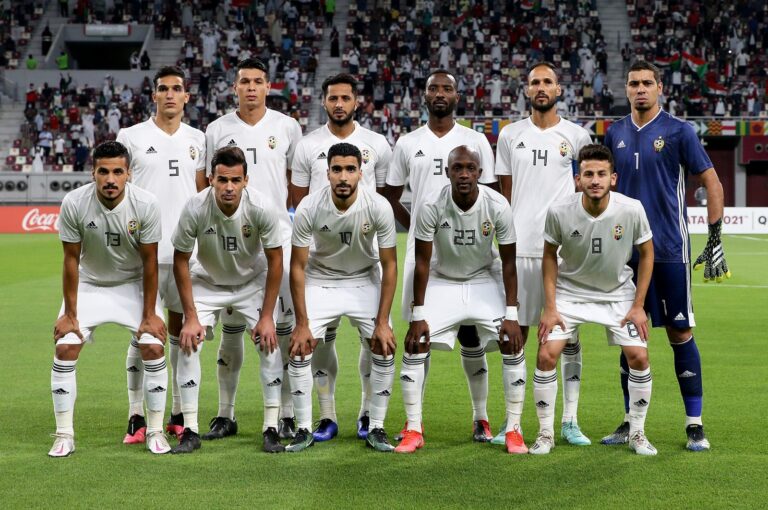![]()
A fourth season of uninterrupted league football begins in the West Bank tomorrow with the start of the West Bank Premier League. The league has undergone some transformations with each passing season. In 2008, 22 teams played each other once to determine which teams would make up the Premier League, the Premier League (B), and the First Division.
Interestingly enough nine of the original top ten teams will be competing in this year’s 10-team league (Shabab Balata was promoted last year replacing Shabab Al-Khadr). The great thing about the PFA’s decision to reduce the league from twelve to ten teams is that mediocre performances will not go unpunished. Last year teams like Shabab Al-Khaleel and Jabal Al-Mokaber had horrific campaigns but were saved from a relegation by the poor quality ofnewly promoted Asker and Hilal Jericho. The preponderance of mediocre performances effected the opposite end of the table as well where only Hilal Al-Quds and Al-Am’ary were in the running for the title.
This year, we can expect to see a stronger league bolstered by the arrival of Palestinian citizens of Israel being brought by all 10 teams. Five out of the ten teams could conceivably contend for the title this year: Al-Am’ary, Hilal Al-Quds, & Shabab Al-Khaleel are the favorites while Shabab Al-Dhahrieh and Tarji Wadi Al-Nes have cemented their status as dark horses by clinching unexpected semifinal berths at this year’s Yasser Arafat Cup.
Shabab Al-Khaleel have made the most news in the offseason by poaching Al-Am’ary and Hilal Al-Quds for talent whilst also bringing in Fahed Attal from Jordanian champions Wehdat. Shabab Al-Dhahrieh have also bolstered their attack- adding Olympic Team starlet Khaled Salem and 26 year-old Amir Abu Arrar who had previously played for Bnei Sakhnin amongst other clubs. Tarji Wadi Al-Nes have retained their stars (Olympic Team goalkeeper Toufic Ali, National Team midfielders Khader Yousef and Ashraf Nu’man) and also invested in a goal scorer- bringing back National Team striker Said Al-Sobakhi from Khadamat Rafah (In 2008 he had 17 goals in 21 games for Wadi Al-Nes).
Al-Am’ary have been the other big spenders, having lost top-scorer Eyad Abugharqud to the Hebronite revolution, they wasted no time in replacing him with proven veterans. Ahmed Keshkesh returns after a successful two-year stint in Jordan with Wehdat. Mohammed “Hamudi” Kayal perhaps better known for facilitating Celtic’s purchase of his cousin-Beram- also arrives with vast experience in Israel’s top two leagues. The defending champions have also poached Ismail Amour and goalkeeper Amr Abu Rweis from Jabal Al-Mokaber but perhaps their most exciting move is the signing of Luab Kayal.
Kayal came through the ranks of Macabbi Haifa and was once considered to be on the same trajectory as his twin brother (Yes, Beram Kayal). He spent last season with Bnei Sakhnin and in the past two seasons managed 57 starts and 4 goals and can play as winger, central midfielder, or second striker . Kayal represents a departure from the normal WBPL signing, he’s only 23 and has experience as a starter with the big clubs in Israel. If the WBPL is to grow and if the quality of the national team is to improve- these are the players that should be signed. Luab Kayal’s stated goal is to play in Europe, he was never going to achieve that toiling in Liga Leumit, but if he becomes a national team player his stature will grow. Imad Zatara’s loan move to Nîmes Olympique two seasons ago was a direct result of his performance in 2006 World Cup qualifying.
Haartez recently covered the courting of Palestinian citizens of Israel by WBPL clubs and while this phenomenon is not new it is definitely has become more common. At the time of writing seven Palestinian citizens of Israel have been capped by the national team:
Murad Alyan (Hilal Al-Quds) 7 caps/7 goals
Atef Abu Bilal (Shabab Al-Dhahrieh) 8 caps/2 assists (on Alyan’s goals vs. MYA & AFG)
Hani Abu Bilal (Shabab Al-Dhahrieh) 2 caps
Husam Abu Saleh (Hilal Al-Quds) 8 caps
Ahmed Harbi (Al-Am’ary) 7 caps/1 goal
Hatem Karim (ex-Hilal Al-Quds, now with Umm El-Fahm) 3 caps
Mohammed Jamal Jebreen (Shabab Al-Khaleel) 7 caps/1 goal
The players listed above played mostly at the third and fourth tiers of Israeli football. Despite their lack of notoriety, some have become key members of the National Team. Ahmed Harbi is an excellent (if defensively deficient) wingback, Atef Abu Bilal is an old-school winger with frightening pace, and there are not enough words to describe Alyan’s goal-poaching ability despite his advanced age.
What is slowly being constructed is one of the few (the only?) league without foreign players. The clubs exist solely to provide players to the National Team and the league schedule works to benefit the national team (cry your eyes out Fabio Capello!).
The Haaretz article points out some objectionable results of this policy:
- Arab teams in Israel are being poached of their talent base without being properly compensated.
- The PFA’s refusal to recognize the player’s registration (instead issuing the player with a new Palestinian ID) with the IFA might result in the wrath of FIFA- maybe even a suspension.
- These players are lured to the WBPL by contracts that pay them respectable sums $60,000-$100,000/year. The concern here is where is this money coming from? Will the bubble burst as it has with several Spanish clubs?
I think it is unfortunate that Arab clubs are being affected by the PFA’s policy but what I think is more unfortunate is that there isn’t a club inside the Green Line in the mould of Athletic Bilbao. There needs to be a club in Israel committed to only buying Arab players- it evens the playing field for them. Racism plays a part in Arabs not being able to further their footballing careers. How Murad Alyan never got a shot at the big time is puzzling, to say the least. The ones that do make it often choose to play for Israel in order to further their careers in Europe. But in doing so are forced to listen to an exclusionist national anthem, are heckled by their own fans, and scorned by some in the Arab community as Uncle Toms. These players deserve a choice, another avenue of furthering their careers and the WBPL (and possibly the Palestinian National Team) is giving them that.
The hope is that competition from the WBPL will help these Arab teams get their houses in order and results in them taking better care of players starved for opportunities to further their sporting careers.
As far as ignoring the IFA’s player registry most neutrals would agree that the PFA is in violation of FIFA’s codes and statues. On the other hand, Israel is in violation of FIFA’s code and statues every time a player is arbitrarily not allowed to leave or enter his own country. That said, I think WBPL clubs should avoid rocking the boat too much and should target players available on a free transfer in the interim.
As for the possibility of the bubble bursting- it remains a possibility due to the fragile financial situation. To my knowledge, WBPL clubs haven’t overextended themselves with lines of credit and loans with usurious rates. The money they do receive comes from the PFA, Jawwal- the league sponsor, the financial backing of their chairmen, and to a lesser extent ticketing. If the Palestinian Authority’s revenue dries up then there could be a domino effect that harms the WBPL but if that doesn’t happen then the league has every chance of succeeding in the long term. Potential revenue sources in the form of a television contract and apparel sponsorships have yet to be exploited. These opportunities along with an increased following will arrive will arrive sooner rather than later but only if the product is good. And how do you ensure the quality of the product?
By buying the best Palestinian players around no matter what identity cards they hold.




